News
HAYATI Journal of Biosciences: Scopus Indexed Achievement
- 2 May 2017
- Last modified at 2 May 2017
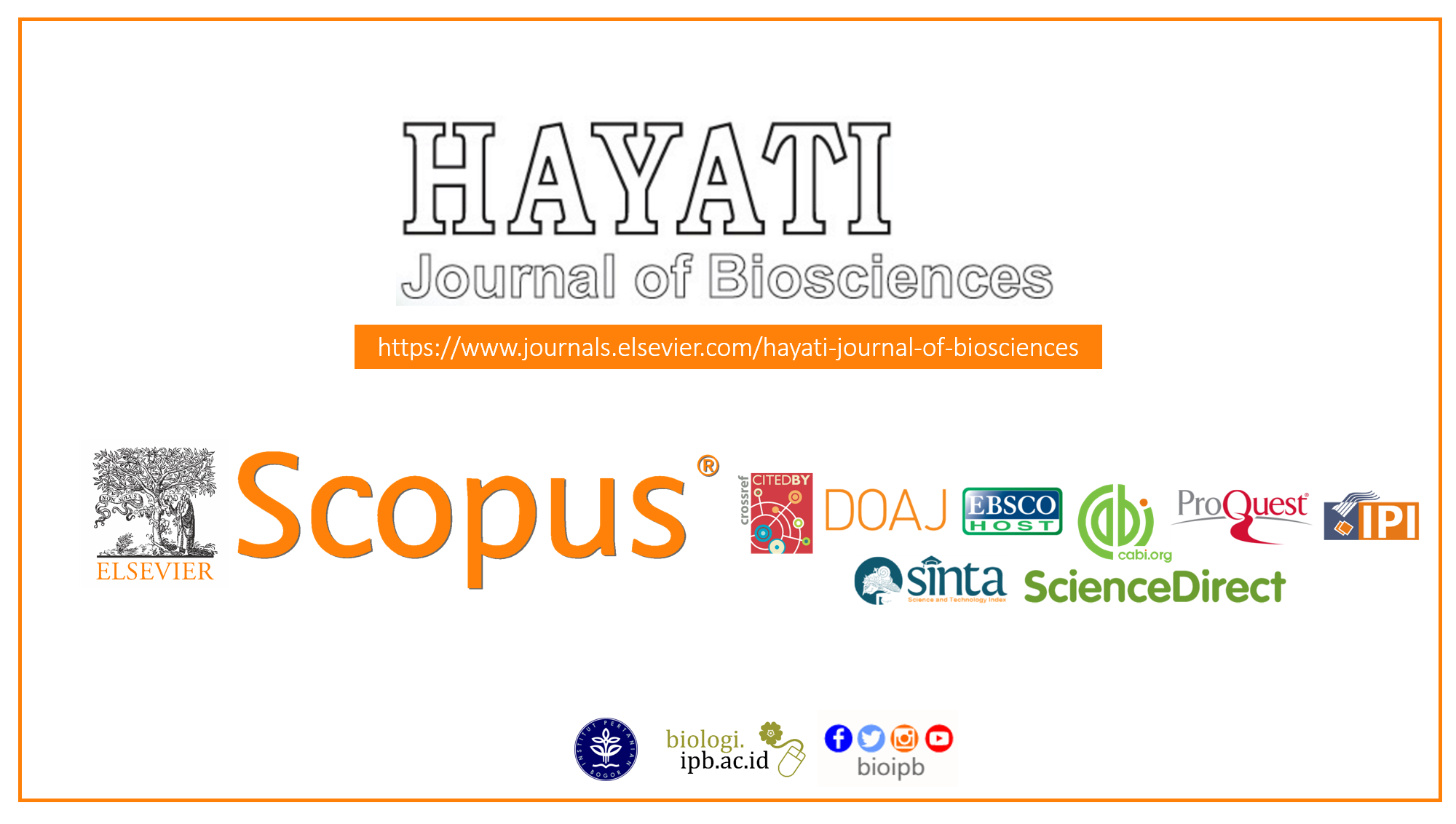
HAYATI Journal of Biosciences (HJB) accomplished an achievement as Bogor Agricultural University (IPB) published scientific journal indexed by Scopus, together with Jurnal Media Peternakan. Dr Berry Juliandi, MSi, the Chief Editor of HJB conveyed that HJB since 1994 had published the scientific articles in the field of bioscience starting from the molecular level to the ecosystem and to all kinds of the living things. Since 2005, HJB started the internationalization process of the journals bny changing the language from Indonesia to English. Before finally indexed of SCOPUS, HJB had been previously indexed or enrolled in various institutions such as DOAJ, ProQuest, Agricola, EBSCO and CABI. HJB also had been hosted by Elsevier since 2015 and was available for free at Science Direct (Elsevier).
According to him, HJB would be very useful for the wider community. HJB published various findings of Indonesia and international researchers in the field of Tropical Bioscience which were closely related to the community, such as the study of food and fruit (tempe, coconut, banana, etc); the study of the diversity of the endemic animals of Indonesia (orang utan, komodo, and others); the human study (face variation, intelligence, and others); the study of marine and fisheries (coral, shrimp, fish, and others); and other studies which could help the communities to improve their lives and the government in making the policy.
Once indexed of Scopus, HJB would continue to strive to become the internationally reputable scientific journal from Indonesia which was in the foremost in the field of the Tropical Bioscience, revealed Dr. Berry. So that the Indonesian researches and related to the Indonesian research in the field of Tropical Bioscience could be known and appreciated by the international world.
He hoped that the researchers of Indonesia could continue to improve the quality of the journals consistently and tirelessly to meet the standard of Scopus, and worked as a team with the help of various stakeholders. Although not easy when constrained to the lack of the research facilities and infrastructure in Indonesia. The budget for the purchase of the research tools was minimal, so that what was available today was very old, and even it could not be used again. In fact, the human resources (HR) of the researchers of Indonesia were very superior. This was evidenced by the success of the Indonesian researchers for the publication in the scientific journal of the internationally reputed, if they used the research tools which were sophisticated and well abroad.
- Modified from IPB site
Export Article
Share this article
News Archive
Recent News
-
IPB Biology Lecturer Explores Collaboration with NTU Singapore
28 July 2025
-
The 7th Summer Course on Biology
13 January 2025
-
The 6th International Conference on Biosciences (ICoBio) 2025
2 December 2024
-
Condolences on the Passing of Prof. Dr. dr. Sri Budiarti
27 November 2024
-
Congratulations and Success
13 November 2024
-
Condolences on the Passing of drh. Djoko Waluyo, MS, Retired Lecturer of IPB’s Department of Biology
9 November 2024
-
The 4th National Webinar for Enriching Biological Concepts 2024
24 October 2024






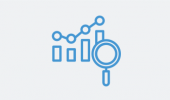
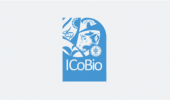

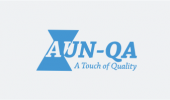


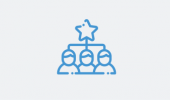


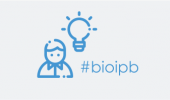


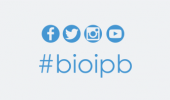



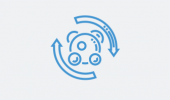
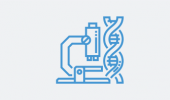

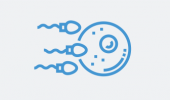
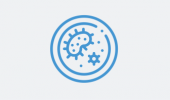

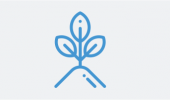




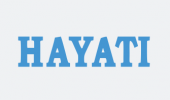

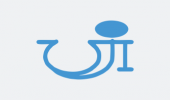








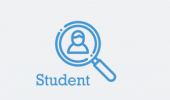
.png)




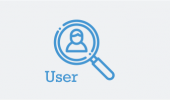



Login
LoginSitemap
map